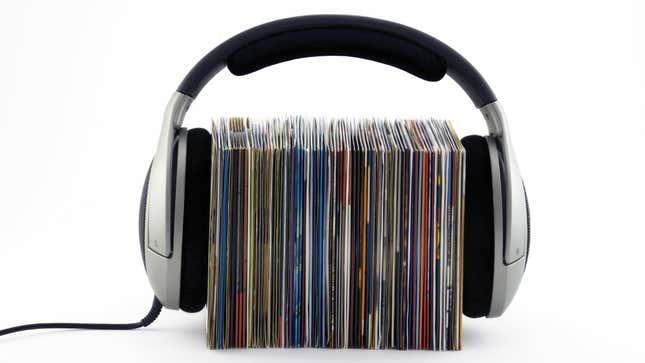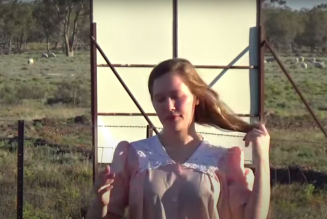
“You wouldn’t steal a car. You wouldn’t steal a handbag,” said that infamous 2000s anti-piracy commercial from the Motion Picture Association. “Piracy is stealing.”
But would you pirate a song? Last year, over 17 billion visits were made to music piracy websites around the world, first reported by Wired. Music piracy is on the rise, with visits to these websites increasing by 13% from 2022. We’ve come a long way since Napster, but people are once again using the internet to illegally download their favorite songs in a major way. And this time, they’re using YouTube.
Muso, a research firm that studies piracy, concluded that the high prices of streaming services like Spotify and Apple Music are pushing people back towards illegal downloads. Spotify raised its prices by one dollar last year to $10.99 a month, the same price as Apple Music. Instead of coughing up $132 a year, more consumers are using websites that rip audio straight out of YouTube videos, and convert them into downloadable MP3 or .wav files.
Roughly 40% of the music piracy Muso tracked was from these “YouTube-to-MP3” sites. The original YouTube-to-MP3 site died from a record label lawsuit, but other copycats do the same thing. A simple Google search yields dozens of blue links to these sites, and they’re, by far, the largest form of audio piracy on the internet.
It’s convenient that Google, which owns YouTube, directs users straight to these piracy sites, which in turn generate billions of visits to YouTube. Google has hardline policies against copyright infringement in its terms of service but seems to let these music piracy sites scootch by.
“It’s critically important to YouTube that creators and artists are paid appropriately for their content,” said YouTube spokesperson Jack Malone in a statement to Gizmodo on Thursday.
Malone notes that YouTube takes action against these audio-ripping services when it’s notified about them. It seems no one notified YouTube about the 10 blue links that appear on the first page of Google when you search “YouTube to MP3.”
The days when people would pay for an album are long gone, however, Napster’s legacy lives on. Over 20 years ago, the internet was revolutionized through free music file sharing. Today, Napster’s legacy lives on through websites that rip YouTube’s audio.








